Owning and operating a business in Dallas, Texas is a complex endeavor with countless laws and regulations to keep track of. However, ensuring compliance with wage, overtime, and equal pay laws is crucial for safeguarding your business from legal repercussions, as well as fostering a fair and productive work environment. That’s why our Dallas wage and hour lawyers have created this checklist to help you assess your compliance with the most recent regulations.
Dallas, TX Minimum Wage Compliance
Is your Dallas business compliant with minimum wage laws?
You may be surprised to discover that Dallas does not have a minimum wage, nor does the state of Texas. Instead, they default to the federal minimum wage, which is currently set at $7.25. If your employees all make at least $7.25 per hour, you are in compliance. There are, however, a couple of exceptions:
- Tipped employees – these can be employees like servers, bartenders, baristas, etc. (anyone who regularly receives over $30 a month in tips), and they must receive a cash wage of at least $2.13 per hour, but their total earnings (wages plus tips) must meet or exceed the federal minimum wage. So, if your tipped employees are not making minimum wage with tips, you must make up the difference. Also, you are required to notify employees in advance if you elect the tip credit provision.
- Youth wages – if you have employees under the age of 20, they can be paid $4.25 per hour during their first consecutive 90 calendar days of employment. Be sure you’re not displacing other employees with youth employees to take advantage of the lower wages.
It is always permissible to pay a higher rate than the federal minimum wage, but not a lower rate.
Let’s talk about overtime.
Dallas, TX Overtime Pay Compliance
Are You in Compliance With Local, State, and Federal Overtime Pay Laws?
Non-exempt employees must receive overtime pay at one and a half times their regular rate for hours worked over 40 in a work week. This means that if an hourly employee makes $7.25 an hour during regular employment time, their overtime rate would be $10.88 for every hour worked over 40 hours in a work week.
What Makes an Employee Exempt vs. Non-exempt?
Exempt employees are not entitled to overtime pay under the Fair Labor Standards Act (FLSA). To determine whether an employee is exempt, they must pass three tests:
- The Salary Basis Test – the employee must be paid on a fixed salary basis and the salary cannot be reduced based on the quantity or quality of work performed.
- The Salary Level Test – the employee must earn at least $684 per week as of the most recent FLSA update.
- The Duties Test – the employee’s job duties must primarily involve executive (managing and supervising at least 2 employees), administrative, professional, outside sales, or certain computer-related work.
As an employer, you must accurately classify employees to avoid penalties, lawsuits, and back pay owed for misclassified workers. Conduct regular audits of job duties and compensation to ensure compliance.
Other Exemptions From Minimum Wage and Overtime
The Fair Labor Standards Act (FLSA) provides exemptions from minimum wage and/or overtime pay for certain categories of employees. Employers must carefully evaluate whether exemptions apply, as they are narrowly defined. Below is an overview:
The following are some exemptions from both minimum wage and overtime pay:
- Executive, administrative, and professional employees (e.g., teachers, certain computer-related occupations).
- Employees of specific seasonal or recreational establishments.
- Workers in fishing operations, newspaper delivery, and small newspapers.
- Casual babysitters and companions to the elderly or infirm.
- Farmworkers employed by operations with limited labor use (under 500 man-days per quarter).
These employees may be exempt from overtime pay:
- Commissioned retail or service employees.
- Certain sales, parts clerks, and mechanics in non-manufacturing sales establishments.
- Employees of railroads, air carriers, taxi drivers, and some delivery services.
- Domestic workers living in their employer’s residence.
- Workers in motion picture theaters.
- Announcers, editors, and engineers in certain non-metropolitan broadcast stations.
These employees may be partially exempt from overtime laws:
- Agricultural workers in specific commodity operations.
- Bulk petroleum distributors.
- Hospitals and residential care facilities with 14-day work period agreements.
- Employees engaged in remedial training up to 10 hours per week (paid normal wages, no overtime).
- Public agency fire and police departments with extended work periods of 7–28 days.
Note: these are just a few partial examples of exemptions from minimum wage and overtime laws. Consult an established Dallas, TX, employment law attorney to ensure complete compliance with these laws.
Equal Pay Compliance
Are you in compliance with all equal pay laws?
Businesses in Dallas, TX must ensure compliance with the following equal pay laws:
- The Federal Equal Pay Act – employers must ensure men and women performing substantially equal work in the same workplace receive the same compensation (including wages, bonuses, benefits, and perks).
- Title VII of the Civil Rights Act – prohibits compensation discrimination based on sex.
- The Lilly Ledbetter Fair Pay Act – allows employees to file claims for pay discrimination within 180 days of receiving a paycheck affected by discriminatory practices.
- The Texas Government Code – mandates equal pay for men and women in government roles.
- The Texas Labor Code – prohibits sex-based pay discrimination for employers with 15 or more employees in both the public and private sectors.
If you are concerned about your compliance with minimum wage, overtime, and equal pay laws, contact our Dallas employment law attorneys today.


